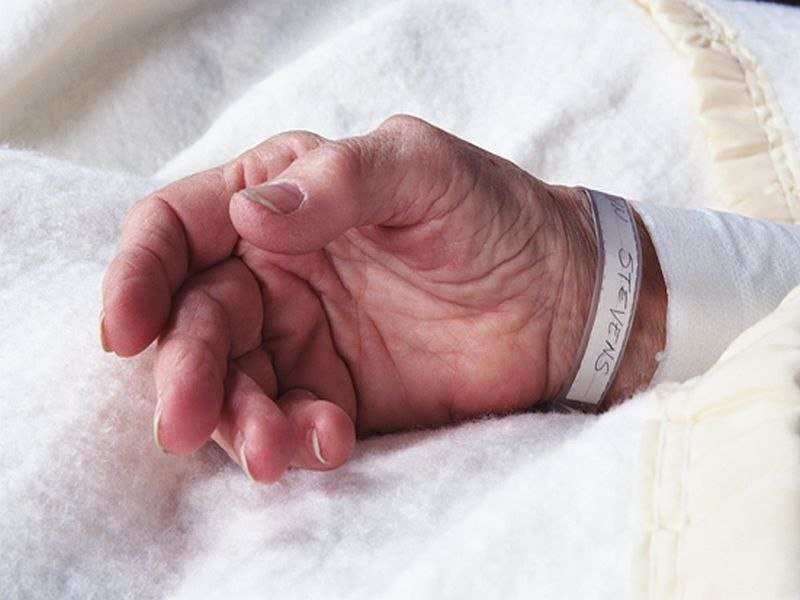Palliative care consult can cut hospital costs in seriously ill

(HealthDay)—For hospitalized adults with serious illness, receiving a palliative care consultation (PCC) is associated with a reduction in hospital costs, according to a review published online April 30 in JAMA Internal Medicine.
Peter May, Ph.D., from Trinity College Dublin, and colleagues conducted a systematic literature review to examine the correlation of a PCC with direct hospital costs among adults with serious illness (cancer; heart, liver, or kidney failure; chronic obstructive pulmonary disease; AIDS/HIV; or selected neurodegenerative conditions). Eight eligible studies were identified; six provided sufficient information for inclusion.
The studies included 133,118 patients, of whom 93.2 percent were discharged alive; 3.6 percent received a PCC. The researchers found that among the studies, the mean Elixhauser index scores for comorbidity varied from 2.2 to 3.5. A statistically significant reduction in costs was seen when patients were pooled, irrespective of diagnosis (−$3,237). In the stratified analyses, a reduction in costs for the cancer and non-cancer subsamples was seen (−$4,251 and −$2,105, respectively). Those with four or more comorbidities versus those with two or fewer had a greater reduction in cost.
"Increasing palliative care capacity to meet national guidelines may reduce costs for hospitalized adults with serious and complex illnesses," the authors write.
More information: Abstract/Full Text
Copyright © 2018 HealthDay. All rights reserved.


















